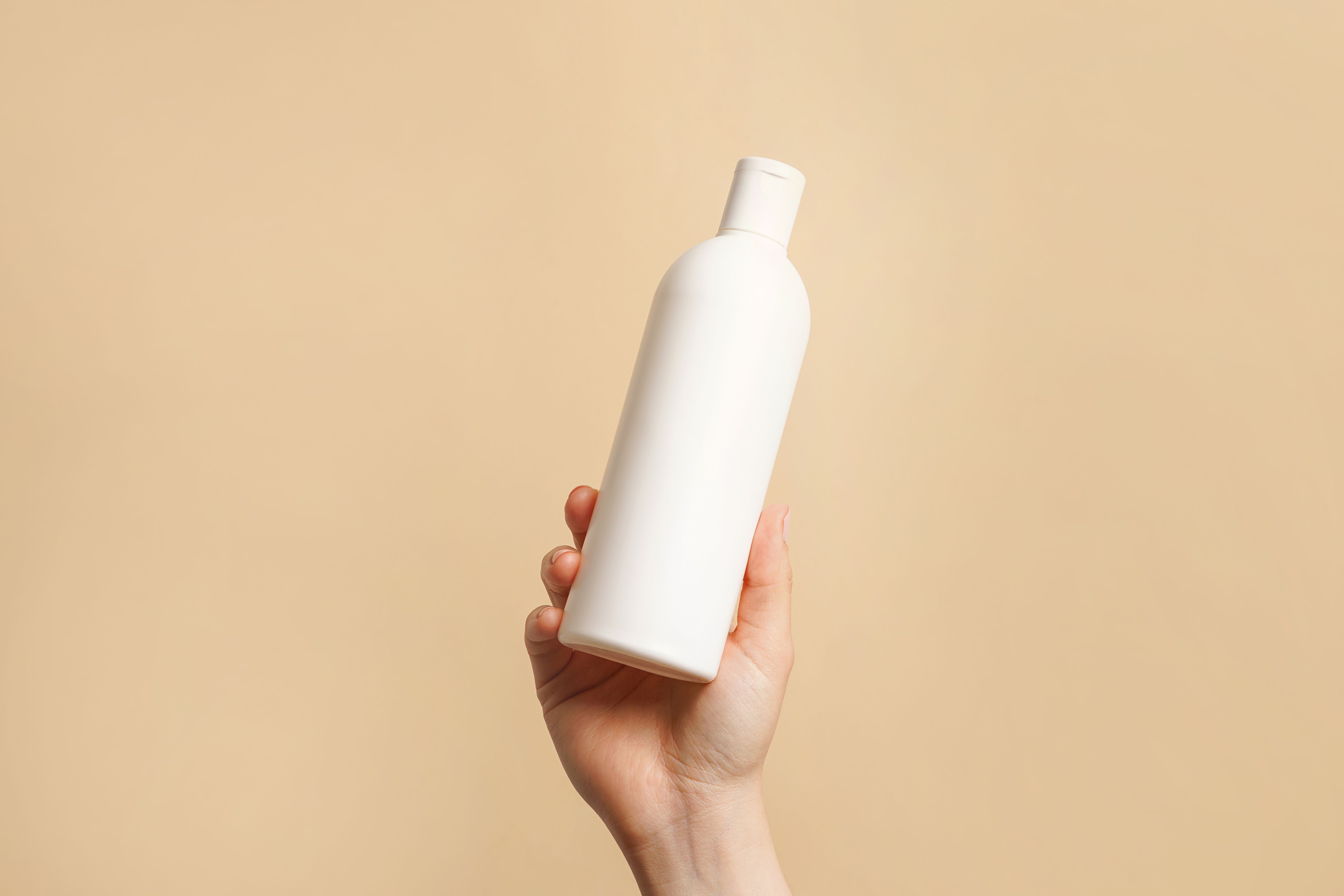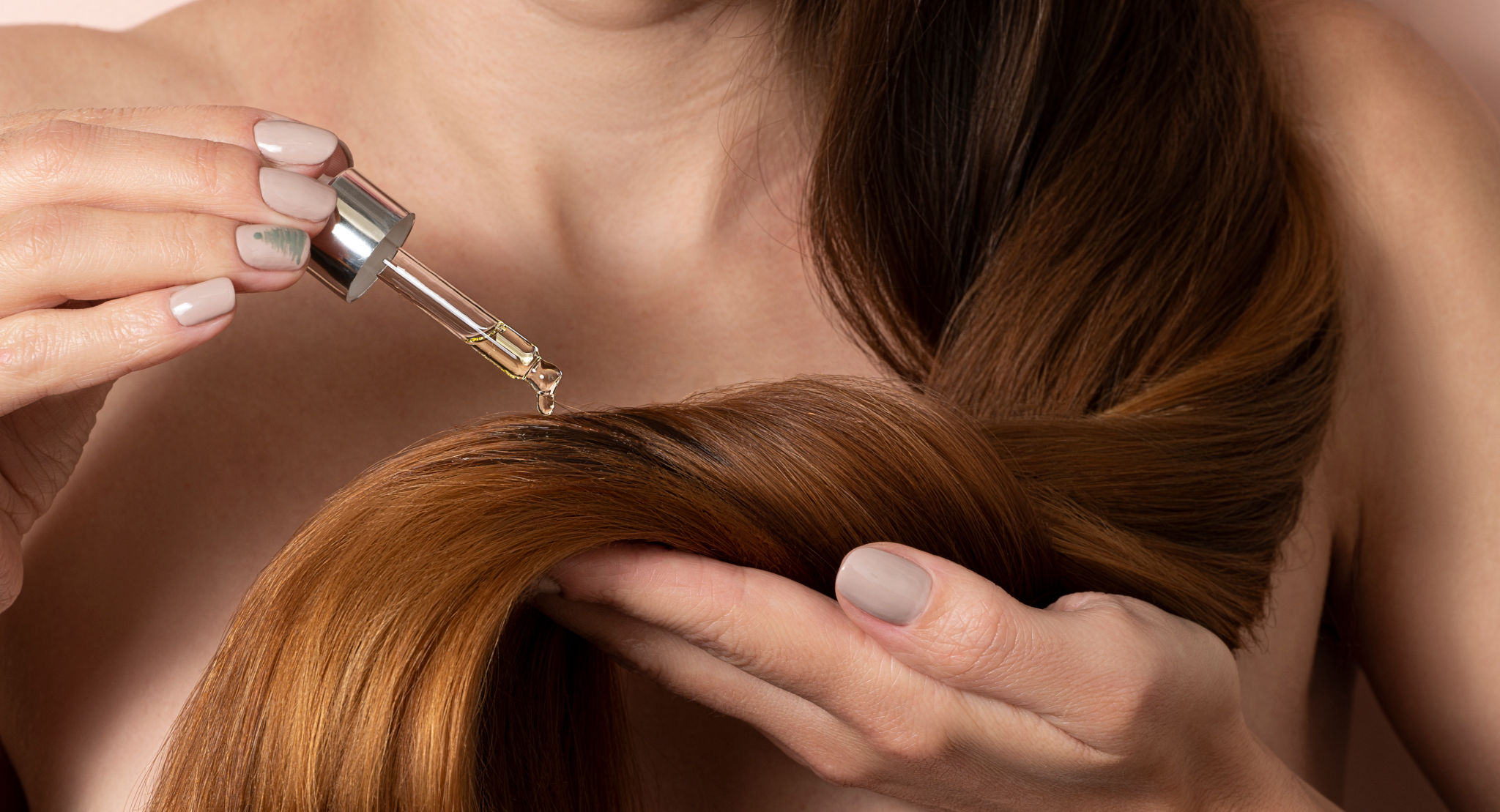Sulfate-Free vs. Traditional Shampoos: What New Yorkers Need to Know
Understanding Sulfates in Shampoos
For many New Yorkers navigating the bustling streets of the city, hair care can be both a priority and a challenge. One of the most debated topics in hair care today is the use of sulfate-free shampoos versus traditional shampoos that contain sulfates. Sulfates are cleansing agents found in many personal care products, including shampoos. They are responsible for creating the rich lather that many people associate with cleanliness.
While sulfates effectively remove dirt and oil, they can also strip away natural oils, leading to dryness and potential damage. This is particularly concerning for those with sensitive scalps or color-treated hair. Understanding the benefits and drawbacks of both sulfate-free and traditional shampoos can help New Yorkers make informed decisions about their hair care routines.

The Benefits of Sulfate-Free Shampoos
Sulfate-free shampoos have gained popularity due to their gentler formulations. These shampoos are often recommended for individuals with curly, frizzy, or color-treated hair. By preserving natural oils, sulfate-free options can help maintain moisture, improve manageability, and protect hair color.
In addition to being gentle on hair, sulfate-free shampoos are also environmentally friendly. They typically contain fewer harsh chemicals, making them a more sustainable choice for eco-conscious consumers. For those who frequently wash their hair, switching to a sulfate-free shampoo can result in healthier, more resilient locks over time.

Drawbacks of Traditional Shampoos
While traditional shampoos with sulfates are effective at cleaning, they may not be suitable for everyone. The strong cleansing agents can be too harsh for people with sensitive skin or scalp conditions, leading to irritation or dryness. Moreover, sulfates can accelerate the fading of color-treated hair, necessitating more frequent salon visits for touch-ups.
For those living in New York City, where pollution and environmental stressors are common, using a sulfate-rich shampoo might exacerbate hair dryness and brittleness. This can be particularly frustrating during the winter months when cold weather further strips moisture from the hair.

Choosing the Right Shampoo for Your Hair Type
When choosing between sulfate-free and traditional shampoos, it's essential to consider your specific hair needs. Those with naturally oily hair may benefit from the deep cleansing action of sulfates, whereas individuals with dry or chemically treated hair might prefer the gentler touch of sulfate-free products.
- Oily Hair: Traditional shampoos can help control excess oil.
- Dry or Damaged Hair: Sulfate-free shampoos help retain moisture.
- Color-Treated Hair: Sulfate-free options preserve vividness.
- Sensitive Scalp: Gentle formulas prevent irritation.
Tips for Transitioning to Sulfate-Free Shampoos
If you decide to make the switch to a sulfate-free shampoo, it's important to allow some time for your hair to adjust. Initially, you may notice less lather or feel that your hair is not as clean as expected. This is normal as your scalp adjusts to the new product.
To ease the transition, try incorporating a clarifying treatment once a month to remove any buildup. Additionally, pairing your sulfate-free shampoo with a hydrating conditioner can enhance results and keep your hair feeling soft and manageable.

Conclusion: Finding Balance in Your Hair Care Routine
Ultimately, the choice between sulfate-free and traditional shampoos comes down to personal preference and individual hair needs. New Yorkers should consider their lifestyle, hair type, and any specific concerns they may have when selecting a shampoo.
Experimenting with different products and paying attention to how your hair responds can guide you toward a routine that promotes healthy, beautiful hair. Whether you opt for sulfate-free or traditional shampoos, what's most important is finding a balance that keeps your locks looking their best amidst the vibrant hustle of city life.
